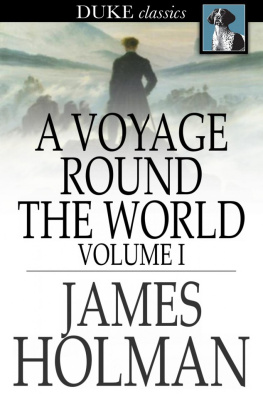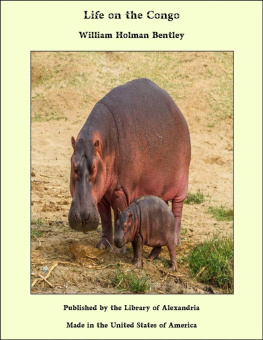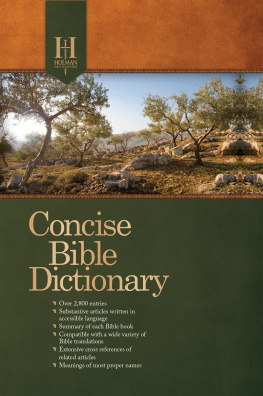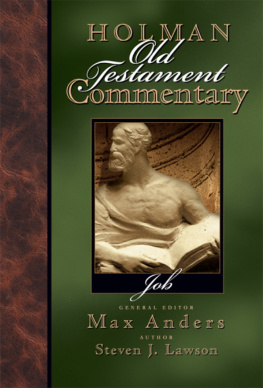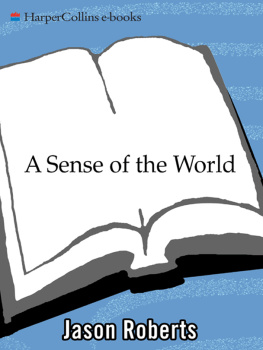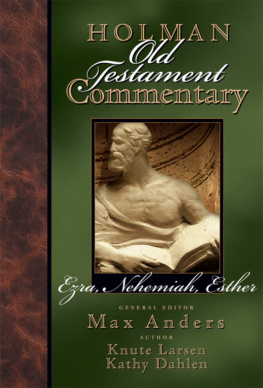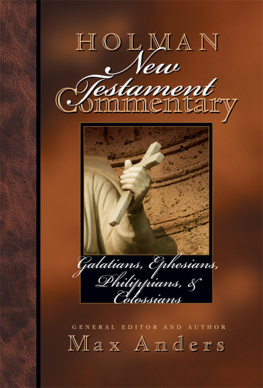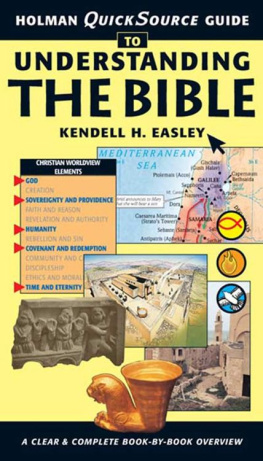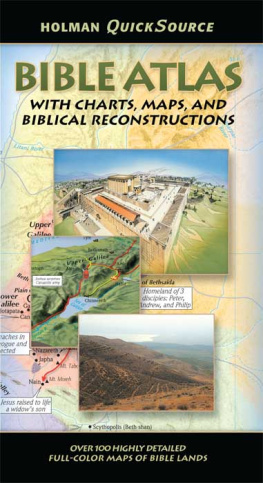A VOYAGE ROUND THE WORLD
VOLUME I, INCLUDING TRAVELS IN AFRICA, ASIA, AUSTRALASIA, AMERICA, ETC., ETC., FROM 1827 TO 1832
* * *
JAMES HOLMAN
*
A Voyage Round the World
Volume I, Including Travels in Africa, Asia, Australasia, America, etc., etc., from 1827 to 1832
First published in 1834
ISBN 978-1-62011-571-8
Duke Classics
2012 Duke Classics and its licensors. All rights reserved.
While every effort has been used to ensure the accuracy and reliability of the information contained in this edition, Duke Classics does not assume liability or responsibility for any errors or omissions in this book. Duke Classics does not accept responsibility for loss suffered as a result of reliance upon the accuracy or currency of information contained in this book.
Contents
*
*
"Man loves knowledge: and the beams of truth More welcome touch his understanding's eye, Than all the blandishments of sounds his ear, Than all of taste his tongue."
Akenside.
Chapter I
*
Passion for TravellingAuthor's peculiar situationMotives for goingAbroadResources for the BlindEmbark in the Eden, Capt. Owen, forSierra LeoneLord High Admiral at PlymouthCape FinisteireArrivalat MadeiraTown of FunchalWines of MadeiraCultiwition of theGrapeTable of ExportsSeizure of GinFruits and VegetablesClimateCoffee, Tea, and Sugar CultivationPalanquin TravellingDeparturefrom Madeira
The passion for travelling is, I believe, instinctive in some natures.We have seen men persevere in their enterprises against the mostformidable obstacles; and, without means or friends, and even ignorantof the languages of the various countries through which they passed,pursue their perilous journeys into remote places, until, like theknight in the Arabian tale, they succeeded in snatching a memorialfrom every shrine they visited. For my own part, I have been consciousfrom my earliest youth of the existence of this desire to exploredistant regions, to trace the varieties exhibited by mankind under thedifferent influences of different climates, customs, and laws, and toinvestigate with unwearied solicitude the moral and physicaldistinctions that separate and diversify the various nations of theearth.
I am bound to believe that this direction of my faculties and energieshas been ordained by a wise and benevolent Providence, as a source ofconsolation under an affliction which closes upon me all the delightsand charms of the visible world. The constant occupation of the mind,and the continual excitement of mental and bodily action, contributeto diminish, if not to overcome, the sense of deprivation which mustotherwise have pressed upon me; while the gratification of thispassion scarcely leaves leisure for despondency, at the same time thatit supplies me with inexhaustible means of enjoyment. When I enteredthe naval service I felt an irresistible impulse to become acquaintedwith as many parts of the world as my professional avocations wouldpermit, and I was determined not to rest satisfied until I hadcompleted the circumnavigation of the globe. But at the early age oftwenty-five, while these resolves were strong, and the enthusiasm ofyouth was fresh and sanguine, my present affliction came upon me. Itis impossible to describe the state of my mind at the prospect oflosing my sight, and of being, as I then supposed, deprived by thatmisfortune of the power of indulging in my cherished project. Even thesuspense which I suffered, during the period when my medical friendswere uncertain of the issue, appeared to me a greater misery than thefinal knowledge of the calamity itself. At last I entreated them to beexplicit, and to let me know the worst, as that could be more easilyendured than the agonies of doubt. Their answer, instead of increasingmy uneasiness, dispelled it. I felt a comparative relief in being nolonger deceived by false hopes; and the certainty that my case wasbeyond remedy determined me to seek, in some pursuit adapted to my newstate of existence, a congenial field of employment and consolation.At that time my health was so delicate, and my nerves so depressed byprevious anxiety, that I did not suffer myself to indulge in theexpectation that I should ever be able to travel out of my own countryalone; but the return of strength and vigour, and the concentration ofmy views upon one object, gradually brought back my old passion, whichat length became as firmly established as it was before. Theelasticity of my original feelings being thus restored, I ventured,alone and sightless, upon my dangerous and novel course; and I cannotlook back upon the scenes through which I have passed, the greatvariety of circumstances by which I have been surrounded, and thestrange experiences with which I have become familiar, without anintense aspiration of gratitude for the bounteous dispensation of theAlmighty, which enabled me to conquer the greatest of human evils bythe cultivation of what has been to me the greatest of humanenjoyments, and to supply the void of sight with countless objects ofintellectual gratification. To those who inquire what pleasures I canderive from the invigorating spirit of travelling under the privationI suffer, I may be permitted to reply in the words of the poet,
Unknown those powers that raise the soul to flame,
Catch every nerve, and vibrate through the frame;
Their level life is but a smouldering fire,
Unquench'd by want, unfanned by strong desire.
Or perhaps, with more propriety, I may ask, who could endure lifewithout a purpose, without the pursuit of some object, in theattainment of which his moral energies should be called into healthfulactivity? I can confidently assert that the effort of travelling hasbeen beneficial to me in every way; and I know not what might havebeen the consequence, if the excitement with which I looked forward toit had been disappointed, or how much my health might have sufferedbut for its refreshing influence.
I am constantly asked, and I may as well answer the question here oncefor all, what is the use of travelling to one who cannot see? Ianswer, Does every traveller see all that he describes?and is notevery traveller obliged to depend upon others for a great proportionof the information he collects? Even Humboldt himself was not exemptfrom this necessity.
The picturesque in nature, it is true, is shut out from me, and worksof art are to me mere outlines of beauty, accessible only to one sense;but perhaps this very circumstance affords a stronger zest tocuriosity, which is thus impelled to a more close and searchingexamination of details than would be considered necessary to atraveller who might satisfy himself by the superficial view, and restcontent with the first impressions conveyed through the eye. Deprivedof that organ of information, I am compelled to adopt a more rigid andless suspicious course of inquiry, and to investigate analytically, bya train of patient examination, suggestions, and deductions, whichother travellers dismiss at first sight; so that, freed from the hazardof being misled by appearances, I am the less likely to adopt hasty anderroneous conclusions. I believe that, notwithstanding my want ofvision, I do not fail to visit as many interesting points in the courseof my travels as the majority of my contemporaries: and by havingthings described to me on the spot, I think it is possible for me toform as correct a judgment as my own sight would enable me to do: andto confirm my accuracy, I could bring many living witnesses to beartestimony to my endless inquiries, and insatiable thirst for collectinginformation. Indeed this is the secret of the delight I derive fromtravelling, affording me as it does a constant source of mentaloccupation, and stimulating me so powerfully to physical exertion, thatI can bear a greater degree of bodily fatigue, than any one couldsuppose my frame to be capable of supporting.

